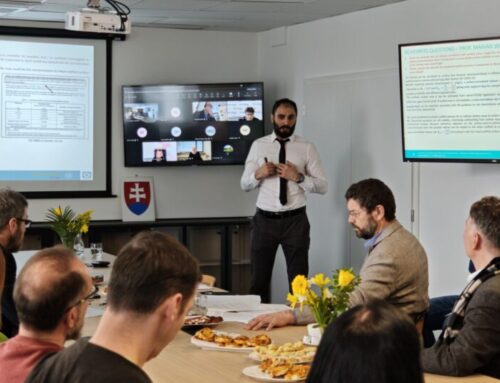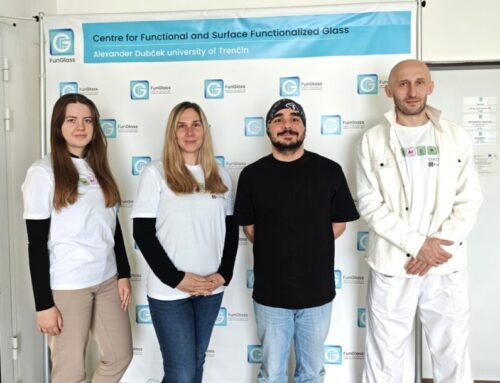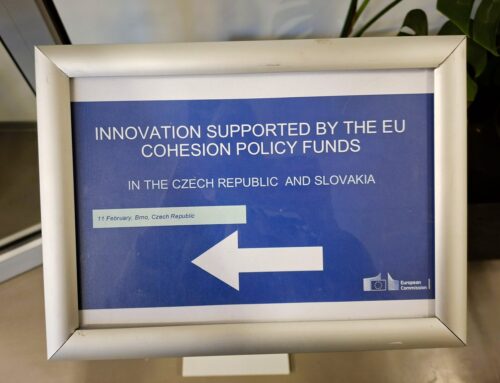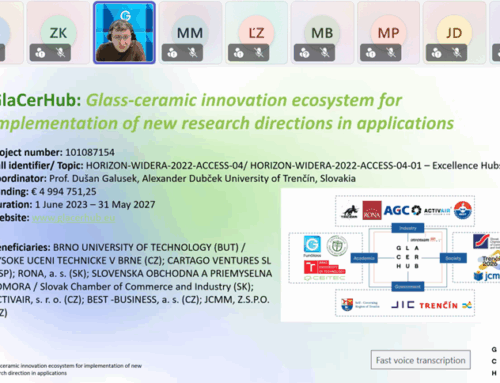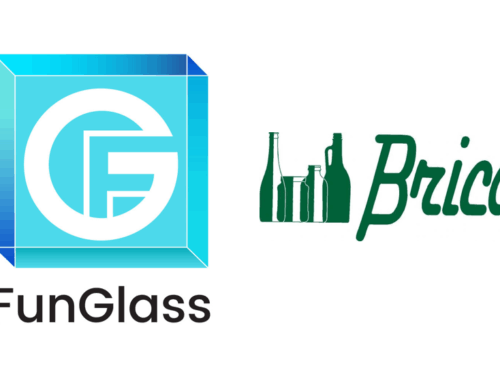Bismuth-Containing Bioactive Glasses for Bone Regeneration
We are pleased to share our latest open access publication in Ceramics International, titled “Biocompatibility and antibacterial activity of radiopaque bismuth-containing bioactive glasses” https://doi.org/10.1016/j.ceramint.2025.07.016.
Led by Dr. Germán Clavijo from the FunGlass Department of Biomaterials, this study presents the successful fabrication and in-vitro evaluation of bismuth-doped bioactive glasses (BGs) with enhanced radiopacity, cytocompatibility, antibacterial, and angiogenic properties. These features are highly desirable for biomedical applications, particularly in hard tissue regeneration and the functionalization of metallic implants.

The glasses were developed by incorporating increasing amounts of bismuth oxide (Bi₂O₃) into the well-known 45S5 bioactive glass composition using a melt-quenching method. The results are promising:
-
A 3.4-fold increase in radiopacity was achieved with 11.5 wt% Bi₂O₃ compared to undoped BGs.
-
Cytocompatibility testing with MG-63 osteoblast-like cells revealed no adverse effects across all tested compositions.
-
Notably, the presence of 6 wt% Bi₂O₃ stimulated Vascular Endothelial Growth Factor (VEGF) secretion—an important signal for angiogenesis.
-
The antibacterial properties were significantly enhanced against both Gram-positive and Gram-negative bacteria, demonstrated through both direct and indirect contact methods.
These findings highlight the potential of Bi-doped BGs for bone tissue engineering, especially where radiopacity is needed to monitor the biomaterial in clinical settings. Moreover, the positive influence on vascularization and infection control further broadens their potential in next-generation implant coatings.
This research was carried out within the framework of the RADIOBIOCOATS project and is the result of a strong international collaboration. Special thanks to Prof. Aldo R. Boccaccini and the co-authors from the Institute of Biomaterials, University of Erlangen-Nuremberg for their valuable contributions. Gratitude also goes to the FunGlass – Centre for Functional and Surface Functionalized Glass and our biomaterials team for their continuous dedication and support in driving high-impact research forward.


